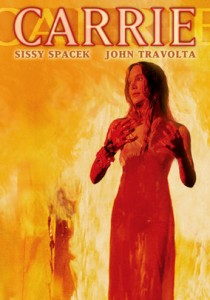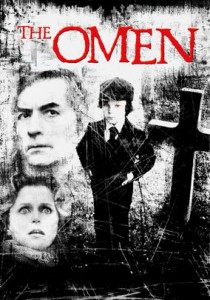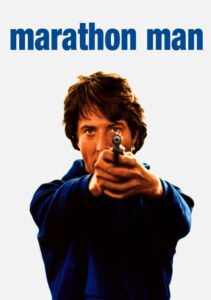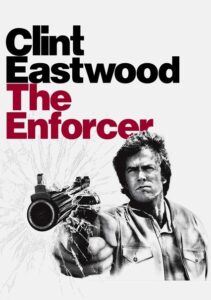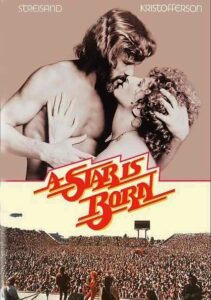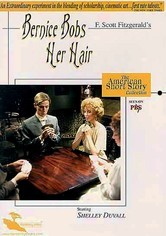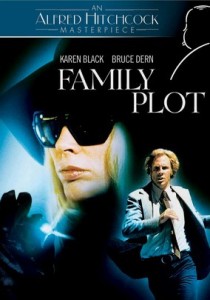Up! -1976
Director Russ Meyer
Starring Raven De La Croix, Robert McLane, Janet Wood
Scott’s Review #1,518
Reviewed February 15, 2026
Grade: B+
A follow-up to the masterpiece Supervixens (1975), sexploitation guru Russ Meyer released Up! (1976), a film in a similar vein with enough bare skin and sexual acts to make even the sexually open-minded blush just a bit.
Ridiculous and titillating beyond belief, the film is meant to be enjoyed for what it is rather than analyzed. Still, despite the sexual escapades of large-breasted women and taut young men, the film achieves a measure of female empowerment through its characters.
As far as Meyer films go, Supervixens, Faster Pussycat! Kill! Kill! (1965), and Beyond the Valley of the Dolls (1970) are my favorites, but Up! deserves credit for its outrageous and wacky nature alone.
The plot is quite thin, but it kicks off with a man named Adolf Schwartz (Edward Schaaf), who lives in a Bavarian-style castle in Northern California. After an orgy in the dungeon with three women and a man, he is murdered when someone places a deadly piranha fish in his bathtub.
Some time later, Margo Winchester (Raven De La Croix) hitchhikes to the nearby town of Miranda, where she is raped. With assistance from a horny sheriff (Monty Bane), she finds work at a local diner owned by Alice (Janet Wood) and Paul (Robert McLane).
Subsequent hijinks ensue like another rape in a dive bar, countless nude chase scenes and sex in the woods, and a revenge tale involving the child of Adolf Hitler and Eva Braun.
Up! and most other Russ Meyer films are for a specific audience only and are not recommended for fans of mainstream cinema. Prudish, uptight, or individuals expecting a tight story or professional acting will not be satisfied.
However, for an eye-opening or eye-popping experience, sure to leave your mouth agape at some of the raunchy sequences, you will find Up! rather endearing.
Amid the sexuality and chesty scenes are some laugh-out-loud wooden performances, mostly from the lead, De La Croix, though she is also wonderful to watch in her debut film. And considering she had no acting experience when cast, she’s not all that bad.
The best scenes are when she charges through the forest, naked, of course, fleeing a character, Alice, out for revenge. The women trade barbs while playing cat and mouse and occasionally engaging in sex.
A separator from other Meyer films is the incorporation of bisexuality in nearly all circles.
Handsome lead actor, Robert McLane, gets it on with nearly everyone, including Adolf Hitler, who, in hilarious and satisfying form, desires some rear entry.
While hardly a message movie, the inclusion of Hitler and Nazi references reinforces the hypocrisy of the entire movement.
The Paul, Alice, Margo triangle is good fun, especially as the trio briefly lives an idyllic lifestyle serving up hash at their diner, led mostly by Margo and her low-cut uniform.
This harkens back to a similar theme in Supervixens, during a happy sequence involving the central characters.
A Meyer film wouldn’t be a Meyer film without an appropriate dose of gore. A sharp ax comes into play during the latter part of the film after a gang rape goes awry.
The full frontal nudity, both male and female, is rampant and includes The Greek Chorus (Kitten Natividad), who appears nude except for long black boots, and boldly opens the film and appears between scenes to provide narration, plot details, and updates.
Up! (1976) is a fine addition to the Russ Meyer viewing collection and showcases the Pacific Northwest of the United States in an atypical way. It’s fun, silly, and quite refreshing.


